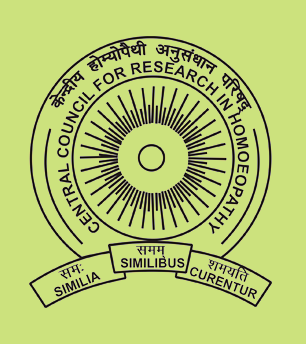Indian Journal of Research in Homoeopathy
Keywords
homoeopathy; urolithiasis; lycopodium clavatum; cantharis vesicatoria; multicentre.
Article Type
Original Article
Abstract
Study was aimed to ascertain the role of homoeopathic medicines in Urolithiasis. A prospective, multicentre observational study was conducted by Central Council for Research in Homoeopathy (CCRH) from October 2005 to January 2010 to find the usefulness of homoeopathic medicines in cases of Urolithiasis. 901 cases were screened, out of which 311 cases were enrolled and 220 cases were analyzed in this study. The symptoms pertaining to urolithiasis were assessed before and after treatment. Pain, Dysuria and Haematuria were graded from 0-3 as per severity of complaints. Calculi were graded as per Number, Size and Position of calculi. The difference between the scores was assessed by using ′Wilcoxon sign rank test′ in SPSS software (ver. 16). Out of 220 cases, there was expulsion of calculi in 106 cases (single calculus in 76 cases, multiple calculi in 30 cases) and in 114 cases, calculi remained but the symptom score reduced, indicating improvement in the case. The symptom score at baseline and after treatment was analysed and found statistically significant (P<0.005). The medicines found most useful were Lycopodium clavatum in 40.9% (n=90) cases; Sulphur in 12.3% (n=27) cases; Pulsatilla nigricans in 8.2% (n=18) cases; Nux vomica in 6.2% (n=14) cases and Cantharis vesicatoria in 5.9% (n=13) cases. Treatment with homoeopathic medicines showed positive response in dissolution/expulsion of calculi. Further validation of these results is needed by conducting randomized clinical trial.
Digital Object Identifier
10.53945/2320-7094.1718
Publisher
Wolters Kluwer India Pvt. Ltd.
How to cite this article
Siddiqui V, Singh H, Gupta J, et al. A multicentre observational study to ascertain the role of homoeopathic therapy in Urolithiasis. Indian J Res Homoeopathy 2011;5:30-39. doi: 10.53945/2320-7094.1718



